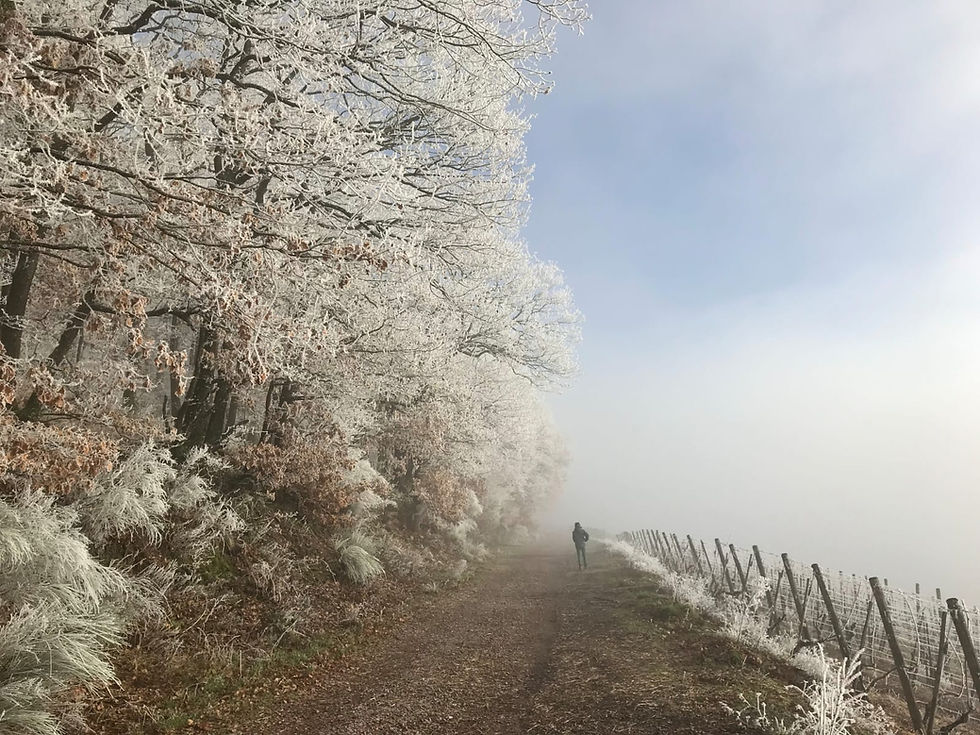Opening Up & Bonding: The Courage to Connect
- Lidija Poth

- Sep 26, 2025
- 2 min read

The Weight of Hurt
Life wounds us. Whether through betrayal, loss, or rejection, these scars make it hard to trust, love, or weave ourselves into a community. I’ve felt this myself—moments where I withdrew, becoming a distant, hard-to-reach island. It’s a natural response, a shield against further pain. Yet, if we don’t reach out, we stay isolated, trapped in our own silence.
Often, we blame ourselves: “I made a mistake, and that’s why this happened,” or “I was foolish to choose that path.” But here’s the truth—mistakes are the soil of growth. Without them, we stagnate, unable to evolve. As psychologist Carol Dweck notes in her book Mindset, embracing a growth mindset—seeing challenges as opportunities—fuels resilience, even though the process hurts.
The Power of Deliberate Connection
Staying closed off means connections happen by chance, not choice. I’ve learned this through my own journey. After uncomfortable moments—conversations that felt risky or decisions that exposed my vulnerabilities—I grew stronger. These experiences taught me that deliberate action, rooted in knowing what we want, is key. Setting boundaries while reaching out builds bridges, not just walls.
Vulnerability expert Brené Brown, in Daring Greatly, argues that connection is born from courage—the willingness to show our true selves despite fear. Without reaching out, we miss the deliberate bonds that shape us. My own resilience deepened when I chose to share my struggles with a friend, turning a coincidence into a meaningful tie.
Breaking Old Patterns
So, how do we grow? How do we establish connection? It starts with effort—stepping out of old habits that keep us safe but stagnant. Letting go of past narratives (“I’m not enough”) requires intention. In my coaching practice, I’ve seen clients wrestle with this, mirroring my own process. One client, hesitant to trust after a failed partnership, began small—joining a community group. The discomfort faded, replaced by belonging.
Dweck’s research suggests that effort, not talent, drives growth. Similarly, breaking patterns demands new habits: daily reflection, seeking support, or practicing openness. For me, journaling my fears helped me release old baggage, opening space for connection.
Opening Up Without Fear
Opening up feels daunting. How do we do it without fear? Brown’s work offers a clue: vulnerability is not weakness but the birthplace of courage and connection. My own uncomfortable moments—admitting a mistake to a colleague or sharing a personal loss—built my resilience. Each step taught me that fear lessens when we’re met with empathy.
Yet, the internal disconnection must heal first. If we’re out of touch with ourselves, our bonds reflect that fracture. Knowing our worth and desires, as I’ve learned through years of reflection, is the foundation. Only then can we connect authentically.
A Call to Reflect and Act
This journey isn’t easy, but it’s worth it. What effort will you make to change your current situation? How can you step out of old patterns and form new habits? What’s needed to let go of the past and open up without fear? For me, it was embracing discomfort as a teacher—perhaps it can be for you too.
I invite you to share: How have your mistakes shaped your growth? What deliberate steps will you take to connect? How do we, as a community, support each other in this vulnerable space?




Thank you for sharing Lidija.
Last Thursday, I experienced a feeling that brought me back to old pain. A photo, taken during my train journey, stirred up so many emotions. I felt an old hurt and asked myself why I was feeling that way. Recalling my coaching sessions helped almost instantly.
Old habits will occasionally resurface. But by embracing it, it becomes your new self.